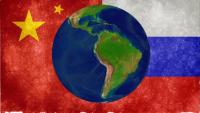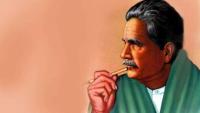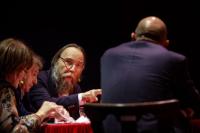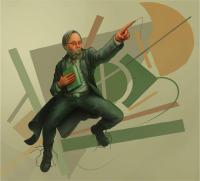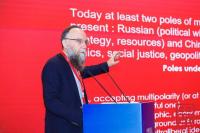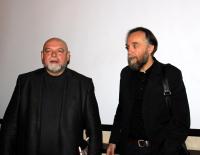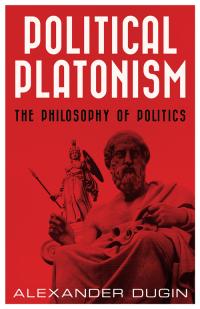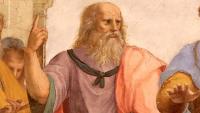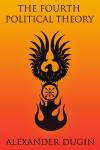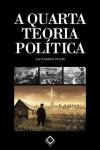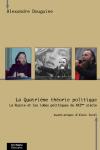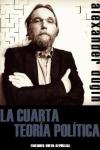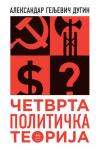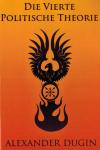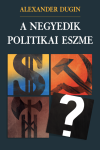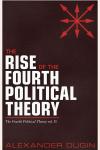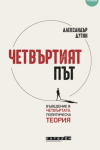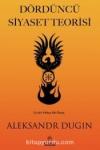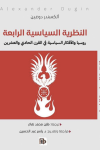Putin sees India and China as Moscow’s partner in multipolar world
“Huntington could foresee that instead of ideology, modernisation, westernisation, technological assertion, there is some core of self-consciousness or identity that is more stable and stronger. I think he could see that we are coming to this moment, this deep truth of fundamental spiritual identity of civilizations, as they appear on the historical scene after the collapse of liberalism—the last utopic modern political theory.”
“Liberalism is obsolete as Putin has said recently, and instead of it, civilizations reappear, and now the problem is what will be the multipolar order? What are the borders, and that is very important and significant. What are the numbers of civilizations that are ready or not yet? What will be the juridical aspect of civilizational? All that has to be decided now. We live in the moment that nothing is as yet decided, but everything is put under question,” Mr. Dugin observed



